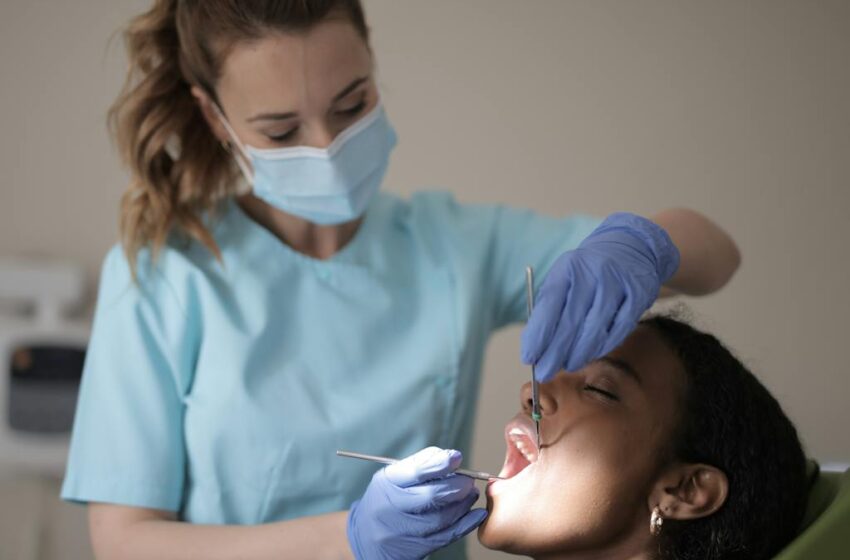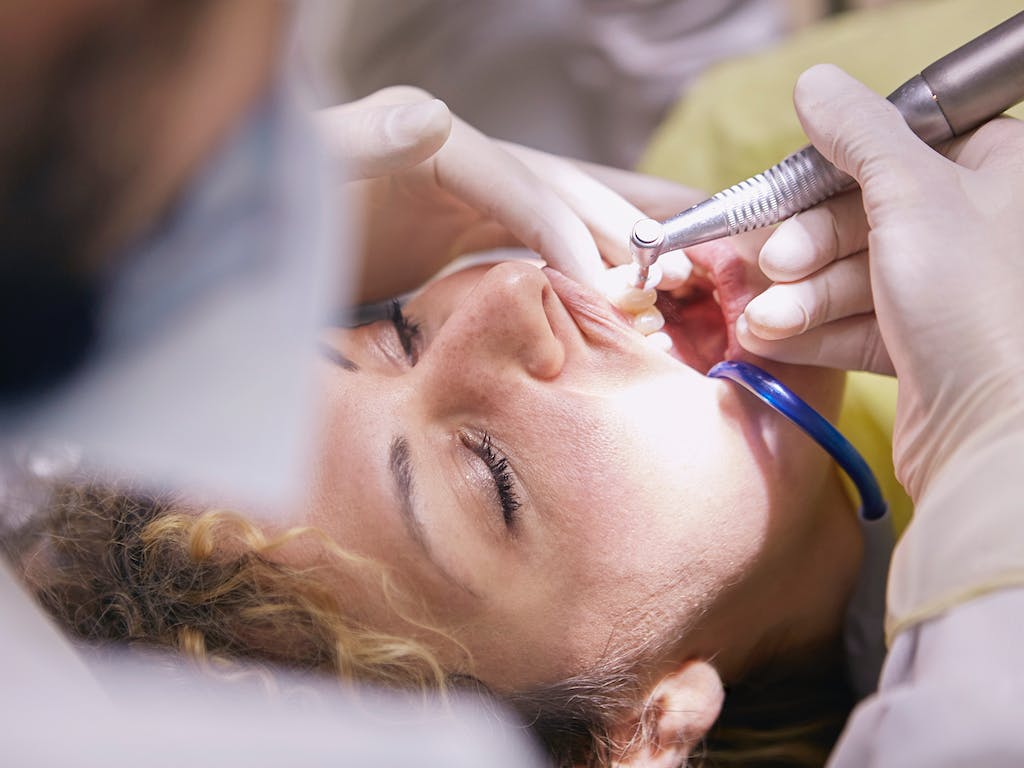How Diet Affects Your Oral Health and What to Avoid

Your diet plays a crucial role in maintaining good oral health. The foods you eat not only provide essential nutrients for your body but also impact the health of your teeth and gums. Certain foods and drinks can contribute to tooth decay, gum disease, and other oral health issues. In this article, we will explore how diet affects oral health and what to avoid to keep your teeth in the best shape possible.
The Impact of Sugar on Oral Health
One of the most significant contributors to tooth decay is sugar. Bacteria in your mouth feed on sugar, producing acids that attack tooth enamel and lead to cavities. Sugary snacks like candies, cookies, and sodas can increase the risk of cavities if consumed regularly. It’s important to limit sugar intake and opt for healthier alternatives like fruits or nuts when you want something sweet.
Acidic Foods and Drinks
Acidic foods and drinks, such as citrus fruits, tomatoes, and soft drinks, can wear down tooth enamel over time. When enamel erodes, teeth become more vulnerable to decay and sensitivity. It’s a good idea to rinse your mouth with water after consuming acidic foods and wait before brushing your teeth, as the acid can temporarily soften enamel, making it more susceptible to damage.
Sticky and Sugary Snacks
Sticky snacks like caramel, gummy candies, and dried fruits can cling to your teeth, giving bacteria more time to break down the sugar and produce harmful acids. These snacks tend to stay in the mouth longer, increasing the chances of tooth decay. Choosing snacks that are easier to clean from your teeth, like raw vegetables or cheese, can help protect your enamel.
Caffeine and Staining
Coffee, tea, and other caffeinated beverages can stain your teeth over time. The tannins in these drinks can cause discoloration, especially if consumed frequently. To minimize staining, it’s best to drink these beverages in moderation and rinse your mouth with water afterward. Using a straw when drinking iced coffee or tea can also reduce contact with your teeth.
Dairy Products for Strong Teeth
On the positive side, dairy products like milk, cheese, and yogurt are excellent for oral health. They are rich in calcium and phosphate, which help strengthen tooth enamel and prevent cavities. Dairy products also promote saliva production, which naturally protects the teeth by neutralizing acids and washing away food particles.
Hydration and Saliva Production
Drinking plenty of water is essential for maintaining oral health. Water helps keep your mouth hydrated, supporting the natural production of saliva. Saliva is important because it neutralizes acids in the mouth, helps remineralize teeth, and washes away food particles. Avoid sugary drinks like soda or juice, as they can contribute to tooth decay.
Avoiding Highly Processed Foods
Highly processed foods, such as chips, fast food, and sugary snacks, often contain high levels of salt, sugar, and unhealthy fats. These foods can increase your risk of gum disease and cavities. It’s best to focus on a balanced diet with whole foods, including fresh vegetables, whole grains, lean proteins, and healthy fats, to support overall oral health.
In conclusion, a healthy diet is essential for maintaining good oral health. By limiting sugary, acidic, and sticky foods while incorporating dairy, water, and nutrient-rich options, you can help protect your teeth and gums. Taking care of your oral health through diet, along with regular brushing and dental check-ups, ensures that your smile stays bright and healthy for years to come.


